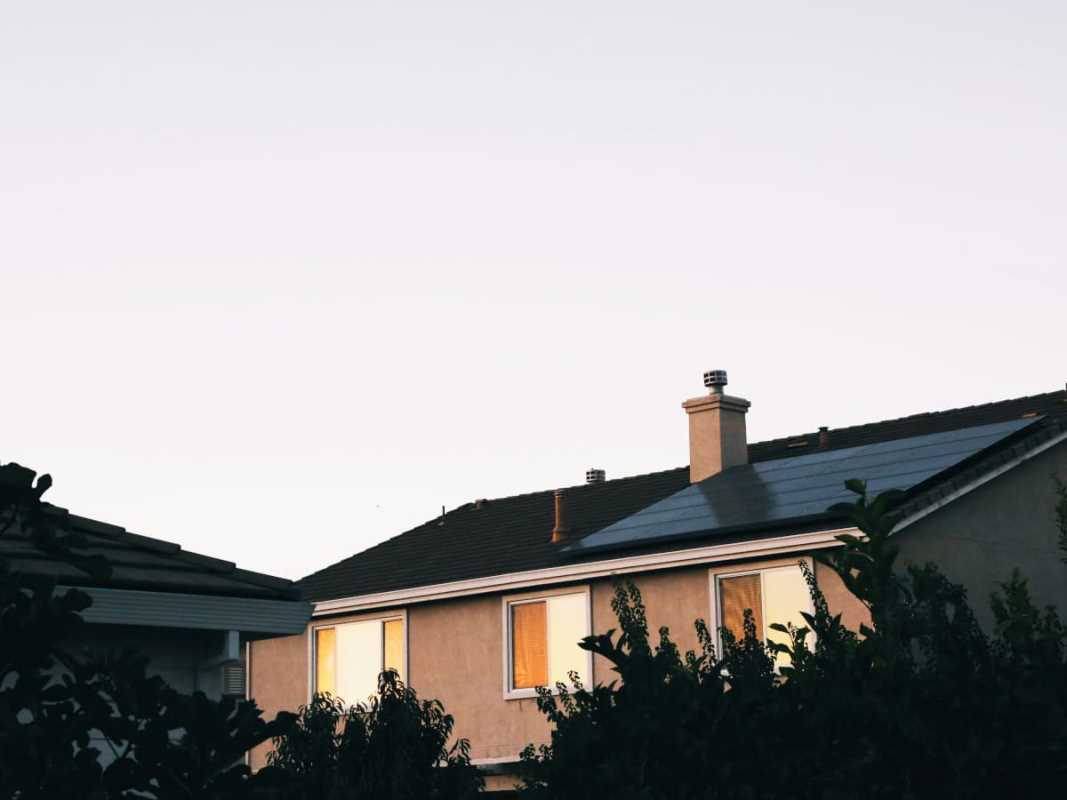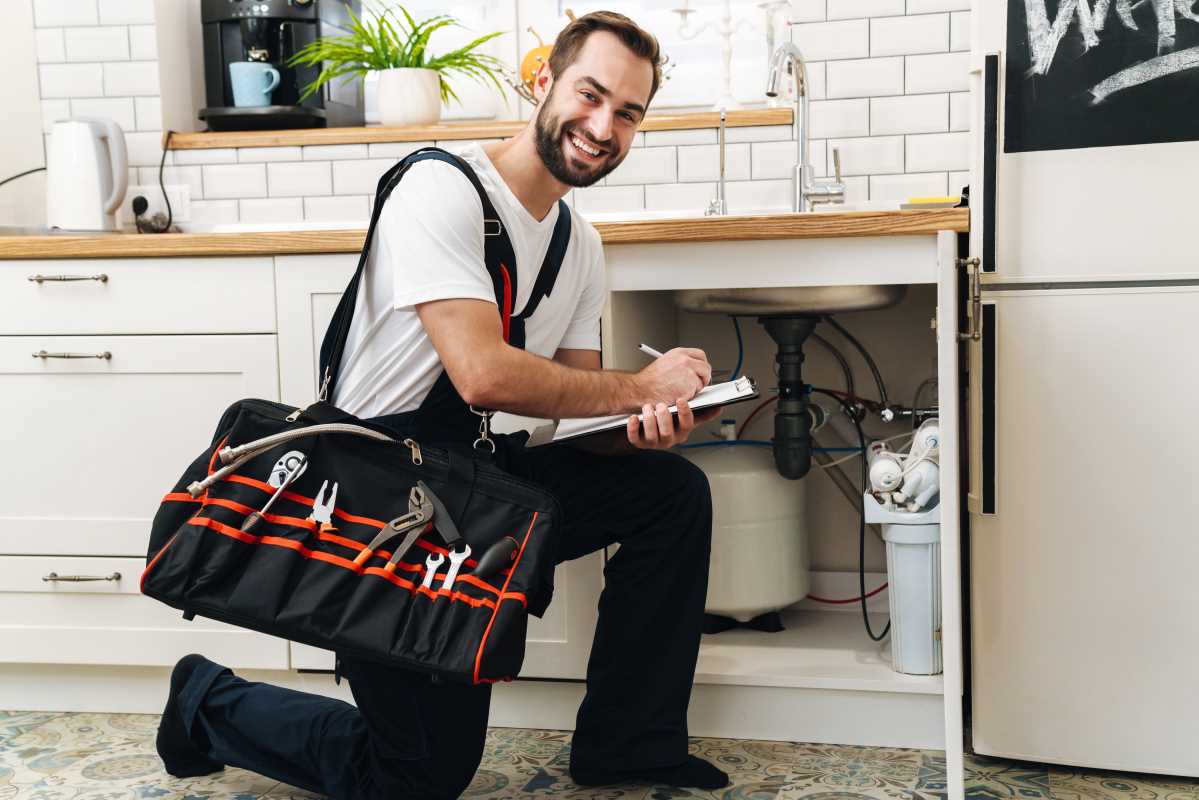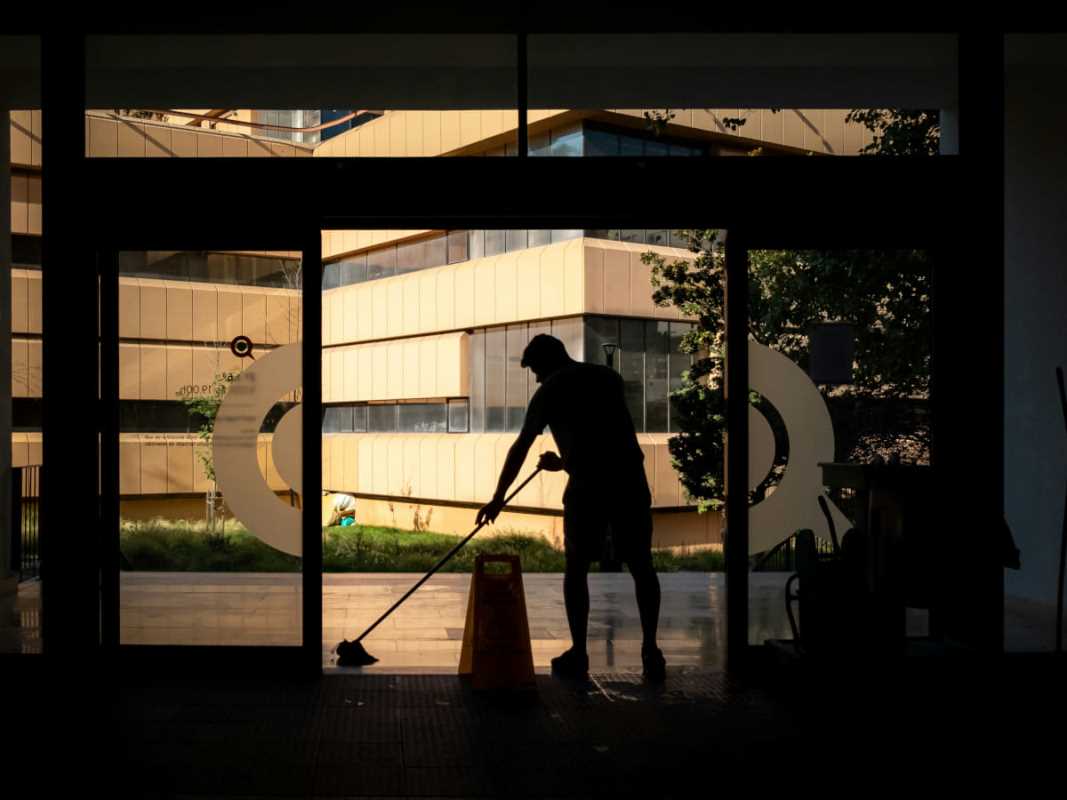Taking the plunge into solar power is an exciting step. You’re not just cutting down on energy bills; you’re also investing in a cleaner planet. But before you start daydreaming about endless sunny days powering your home, there’s an important decision to make - finding the right solar panel installation provider. This process might feel a bit like searching for the perfect avocado, not too under-ripe, definitely not mushy, and absolutely no hidden bruises. Don’t worry; we’ve got your back with tips to spot a provider you can trust.\
Asking Around and Doing Homework
Word of mouth is a great way to start looking for a reliable installer. Talk to friends, family, or neighbors who’ve gone solar. Chances are, they’ll happily share unfiltered stories about their experiences. Nothing beats firsthand insights into how a company operates, especially when it comes to something as important as installing panels on your roof.
While you’re at it, dedicate some time to research. Look into local companies online, browse reviews, and explore their websites. A well-maintained site with clear information about pricing, services, and credentials is often a good sign. Bonus points if they offer a gallery of past installations, that’s like seeing their work history on full display. Be wary of companies with vague or overly flashy marketing but no substance.
When you’re gathering information, don’t be afraid to dig deeper. Check if they’re certified by organizations like the North American Board of Certified Energy Practitioners (NABCEP) or hold any other relevant credentials. Certification shows they’ve invested time and effort to meet industry standards, which is always a good vibe.
Gauging Quality Through an Initial Consultation
Scheduling an initial consultation is a great way to test the waters without fully committing. Quality solar providers often offer a free consultation or site survey where they come out to assess your space, energy requirements, and roof structure. This meeting shouldn’t feel like a hard sell. Instead, it’s an opportunity for you to ask questions and gain insight into their level of expertise.
During this phase, pay attention to whether they’re genuinely listening to your needs. Are they asking detailed questions about your energy goals and budget, or are they rushing through the conversation to close the sale? A good installer will focus on tailoring the system to your specific house and explain how that process works.
Watch out for any reluctance to provide clear explanations. Reliable companies take pride in educating homeowners about solar energy. They should break down technical terms into plain English, discuss energy-saving potential honestly, and avoid pushing unnecessary add-ons. If you feel comfortable and informed after the meeting, that’s a solid sign they know what they’re doing.
Investigating Warranties and Guarantees
One of the easiest ways to separate the wheat from the chaff is by looking at warranties. A reputable installer will stand by their work and the products they use. Solar professionals typically offer two types of warranties: one for the panels themselves and one for the installation.
The solar panel warranty covers equipment performance over time (usually around 25 years), while the installation warranty ensures the setup was done correctly (this might range from 5 to 10 years depending on the company). The willingness to offer such guarantees reflects confidence in their craftsmanship and the reliability of the materials.
While you’re reviewing warranties, don’t forget to ask about ongoing post-installation support. Good companies stick around even after the job is done to provide maintenance advice or troubleshoot issues. Providers that ghost you the moment the panels are operational probably aren't worth your time.
Comparing Quotes Without Skipping the Details
It might be tempting to jump at the lowest quote that comes your way, but this is where reading the fine print becomes crucial. Not all quotes are created equal, and a surprisingly cheap deal could signal an installer cutting corners either with labor, equipment, or both.
When comparing estimates, ask for a breakdown of costs. Make sure it includes the panels, inverters, racking systems, and installation labor. High-quality panels might cost more upfront, but they’ll last longer and perform better over time. Similarly, inquire about permitting fees or whether the quote factors in your home’s unique requirements, such as additional roof work or energy storage systems.
Bear in mind that a trustworthy installer will also provide projections for how much energy your solar system can generate and how long it might take to recoup your investment. If they can’t back up their claims with data, they’re either inexperienced or not prioritizing transparency. Either way, that’s a red flag.
Taking Red Flags Seriously
Lastly, trust your instincts. Sometimes, it’s not what a company says; it’s what they don’t say that matters. A lack of transparency about pricing, certifications, or warranties should make you think twice. Similarly, pressure tactics or too-good-to-be-true offers deserve some serious side-eye.
Pay close attention to how they communicate. Are they responsive to your calls and emails? Do they take the initiative to follow up or clarify things rather than leaving you in the dark? Reliability starts with how they handle these basic interactions, so don’t ignore early signs of disorganization.
Another big red flag is a lack of permits or documentation. Solar panel installation involves local regulations, and ignoring them could land you in a heap of trouble down the line. Any reputable provider will handle these details effortlessly. If they’re suggesting “shortcuts” or brushing off the topic, that’s your cue to exit stage left.
All in all, the search for a reliable solar provider doesn’t have to feel overwhelming. With a little research, some meaningful conversations, and an eye for red flags, you’ll soon find yourself in good hands.







